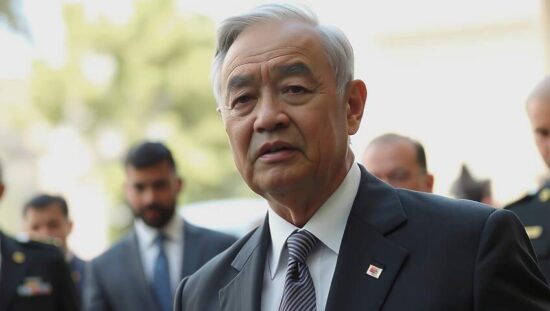The German President, Frank-Walter Steinmeier, has directly appealed to Algerian President Abdelmadjid Tebboune to grant clemency for writer Boualem Sansal, highlighting a burgeoning diplomatic tension surrounding freedom of expression within Algeria. The appeal, communicated by the German Presidential Office on Monday, represents a rare and pointed intervention by a head of state into a judicial matter within another nation.
Sansal, a celebrated Algerian author, was sentenced to five years in prison in March 2025, accused of undermining Algeria’s territorial integrity. The charges stemmed from statements he made suggesting Algeria had been allocated territory during the French colonial period that rightfully belongs to Morocco. These assertions, deemed subversive by the Algerian government, have drawn significant criticism from international human rights organizations and literary circles.
Steinmeier’s plea is framed as a request for a “humanitarian gesture” and an example of “political foresight” explicitly linking the potential pardon to the longstanding personal rapport between the two presidents and the generally positive relationship between Germany and Algeria. However, the intervention subtly underscores the increasingly fragile nature of that relationship and places pressure on Tebboune to reassess the case.
Adding further complexity, the Presidential Office revealed that Steinmeier has offered to facilitate Sansal’s medical treatment in Germany, citing the writer’s advanced age and precarious health. This offer introduces a practical dimension to the diplomatic effort, suggesting a genuine concern for Sansal’s wellbeing, but also signaling Germany’s preparedness to offer a secure haven should clemency be denied.
Critics argue that Sansal’s prosecution and imprisonment represent a broader trend within Algeria, where dissent and criticism of the government are increasingly stifled under the guise of protecting national unity. Steinmeier’s actions are seen by some as a necessary, albeit delicate, acknowledgement of this issue, risking diplomatic friction to advocate for a vital principle of intellectual freedom. The response from Algiers will be closely watched, serving as a crucial indicator of the Algerian government’s commitment to upholding international standards of human rights and freedom of expression.





